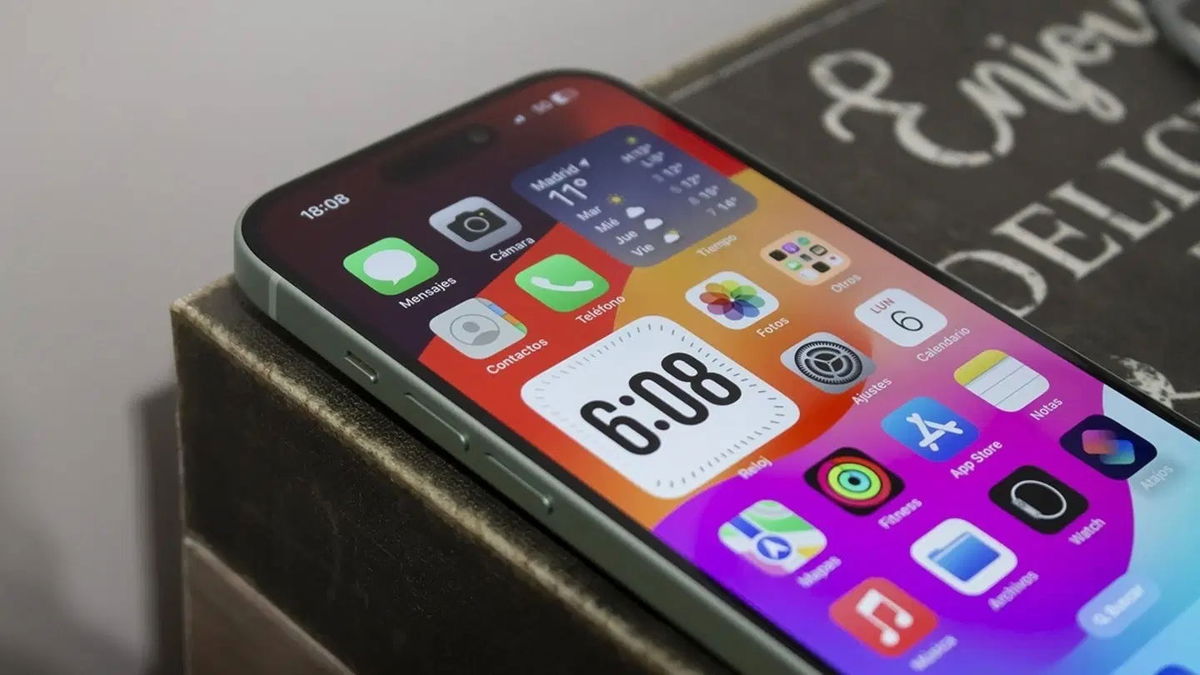Russian electronics markets and retailers’ associations opposed the introduction of labeling on laptops and smartphones in the EAEU, proposed by Armenia. Sellers fear rising prices for goods, the supply of which is already difficult due to hostilities and sanctions.
The Russian government, by contrast, believes the initiative will increase the security level of imported devices and support domestic providers by offering to expand it by including tablets in the labeling system, Kommersant learned.
Any markup is a burden for businesses, an increase in cost and a delay in delivery for the consumer, and hastily introduced, furthermore, noted the Association of Computer and Information Technology Companies (APKIT).
- Starting from April 1 in Russia, the government planned to launch an experiment on the marking of radio electronics. In the first stage, you will touch plugs, light-sensitive conductors, lamps, and lighting equipment. The experiment will last until August 2024.
-
In 2021, they started talking about electronics labeling for the first time. In February 2022, the Ministry of Industry and Trade submitted a draft government decree on the introduction of labeling of electronic devices. Until January 2023, companies could voluntarily join the experiment.
-
The Chestny Znak product labeling system has been introduced in Russia since 2018, the aim of the project is to combat counterfeiting. Labeling is now mandatory, among other things, for medicines, cigarettes, mineral water, dairy products and other categories.
Author:
karina pardaeva
Source: RB
I am a professional journalist and content creator with extensive experience writing for news websites. I currently work as an author at Gadget Onus, where I specialize in covering hot news topics. My written pieces have been published on some of the biggest media outlets around the world, including The Guardian and BBC News.











